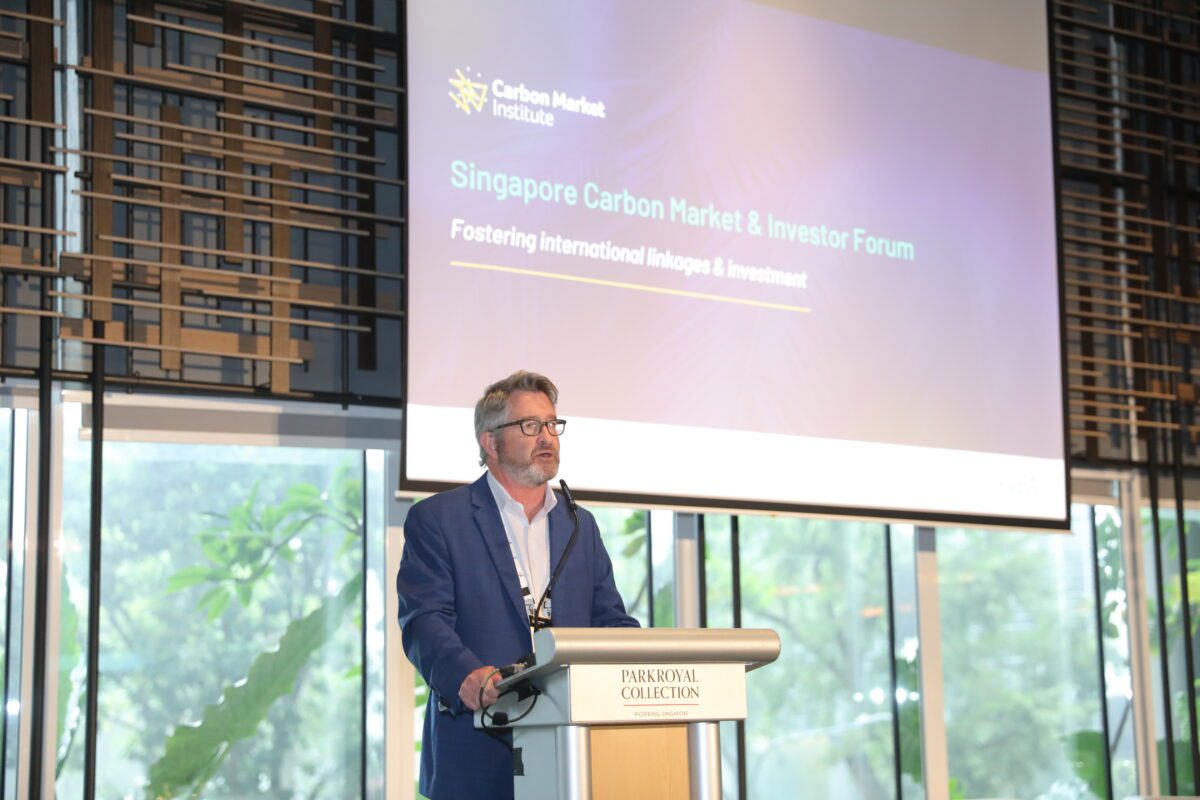Budget 2024: Important down-payments in carbon market renovation and nature repair market establishment, future investment decisions important
The Carbon Market Institute (CMI) has welcomed the federal budget’s elevated support for future Australian clean industry investments, as well as important contributions to the renovation of Australia’s carbon market, however said that questions still remain regarding future investment in nature and climate repair.
Aside from welcoming additional investments in the development of the Nature Repair Market and down-payments on international engagement, CMI CEO John Connor said that the budget package for improvements to the Australian Carbon Credit Unit framework would provide an important boost for investor and community confidence, but identified a number of grey areas and investment decisions still be clarified:
“We welcome the $48 million boost to ongoing ACCU scheme reforms, including for the federal department (DCCEEW), and to establish the Carbon Abatement Integrity Committee to continue the renovation of the ACCU Framework as recommended by the Independent Review led by Professor Chubb. This includes over $10 Million to help Indigenous land managers participate in the scheme.”
“There’s also $17.6 million over two years for the establishment of the Nature Repair Market, and its methods and administration, as well as $63.8 million over ten years to support emissions reductions in the agriculture and land sectors and $91 Million over five years to build a clean energy workforce.”
“The broader budget also includes nearly $20 billion to support investments in hydrogen, critical minerals, low emissions agriculture and regulatory frameworks to facilitate geological carbon storage. Private investments in these industries can be best supercharged by the forthcoming Net Zero Plan, including sectoral strategies, due out later this year as well as stronger emission reduction targets for 2035, due by early 2025.”
“Nevertheless, the budget leaves key investment details still to be clarified. In particular, around the ongoing use of funds from fixed carbon abatement contract (CAC) exit payments and the future role of the Commonwealth as an investor in the ACCU scheme through the Powering the Regions Fund (PRF). Transparency on the funds mobilised by the CAC exit fees and directions for the remainder of the PRF funds dedicated to ACCU investment are crucial questions to be resolved in months ahead.”
“An extra $76.2 million for international climate change engagement includes extra funding for the UNFCCC, International Energy Agency and the COP31 Presidency bid, signalling Australia’s intention to play a bigger role on the global stage.”
“A COP Presidency is not just about a single event which will be a significant undertaking, but also the regional and global influence over what are now three-year tripartite or “troika” Presidency arrangements. If successful, a COP will require further financial backing, but this should be seen as an investment in broader climate responsibility and engagement beyond the event itself,” he said.
About the Carbon Market Institute
The Carbon Market Institute (CMI) is a member-based institute accelerating the transition towards a negative emissions, nature positive world. It champions best practice in carbon markets and climate policy, and its around 150 members include primary producers, carbon project developers, Indigenous organisations, legal, technology and advisory services, insurers, banks, investors, corporate entities and emission intensive industries. The positions put forward constitute CMI’s independent view and do not purport to represent any CMI individual, member company, or industry sector.



